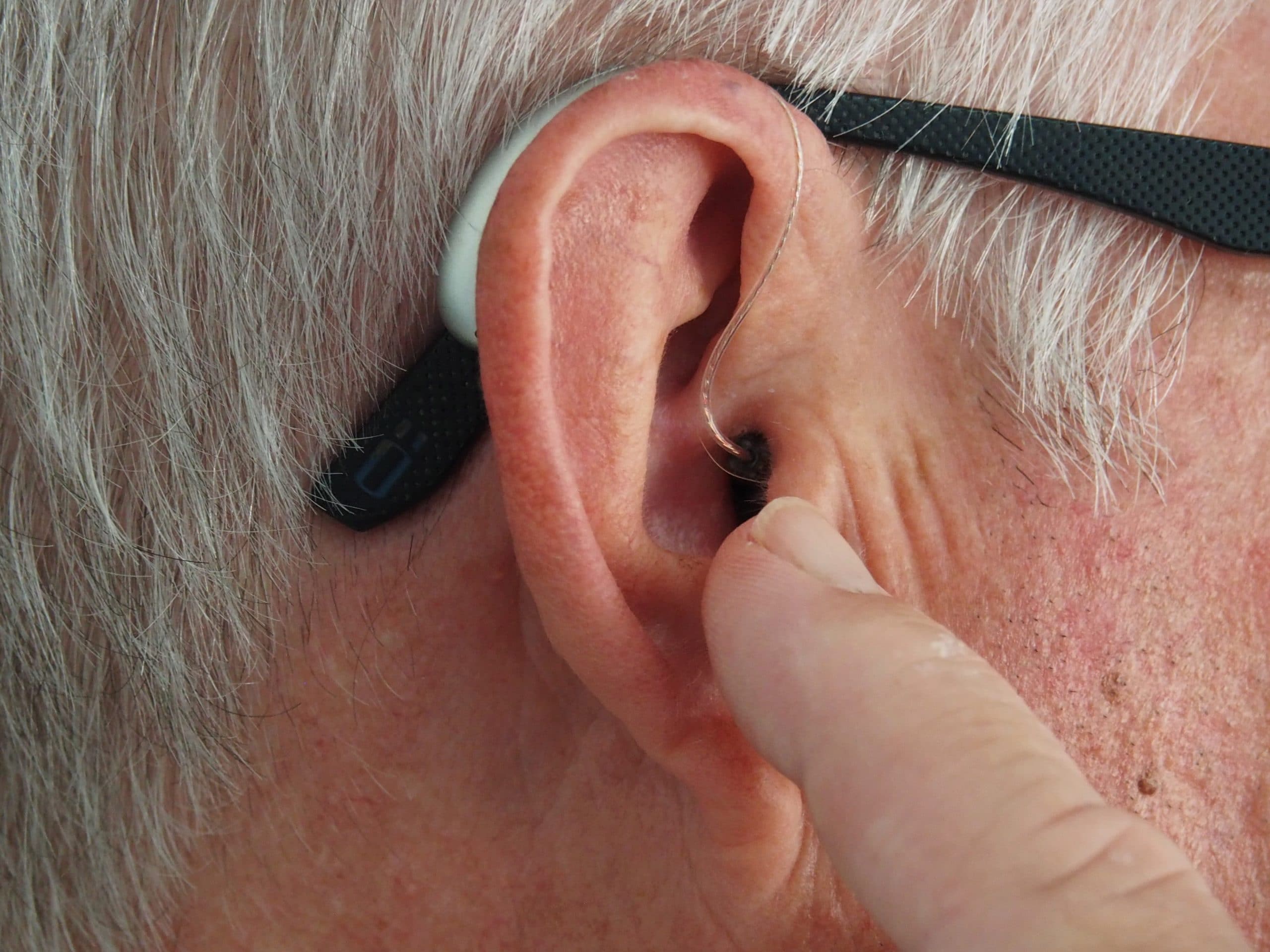Denial is often the first issue with someone suffering from hearing loss. Since hearing loss decreases slowly over time, seniors don’t notice the change. Hearing loss doesn’t make one feel ill, which is often the impetus needed to see a doctor.
A loved one will comment that you are mumbling or request that you repeat yourself since you are speaking too low. And it is usually the loved one that must address the issue with those suffering hearing loss, only to be met with resistance.
Untreated hearing loss can lead to poor cognitive function. Without taking action, the brain can forget how to hear and understand speech, a condition called auditory deprivation. Due to the strong link between hearing loss and cognitive function, the Alzheimer’s Association wants medical professionals to speak to their patients about unaddressed hearing loss issues.
Advances in hearing aid technology may dispel stereotypes of clunky apparatus protruding from the ears. Today’s devices can stream television, film, and phone calls. Large venues make use of audio equipment that can loop into your hearing aid, a convenience someone with normal hearing would envy.
Please read HERE for the positive statistics documented by people who accepted hearing aids. Often, facts will overcome denial, and everyone will benefit.
You’ll be the first to see a smile appear when your loved one’s new hearing aids allow them to catch the punch line and join everyone in the laughter.

